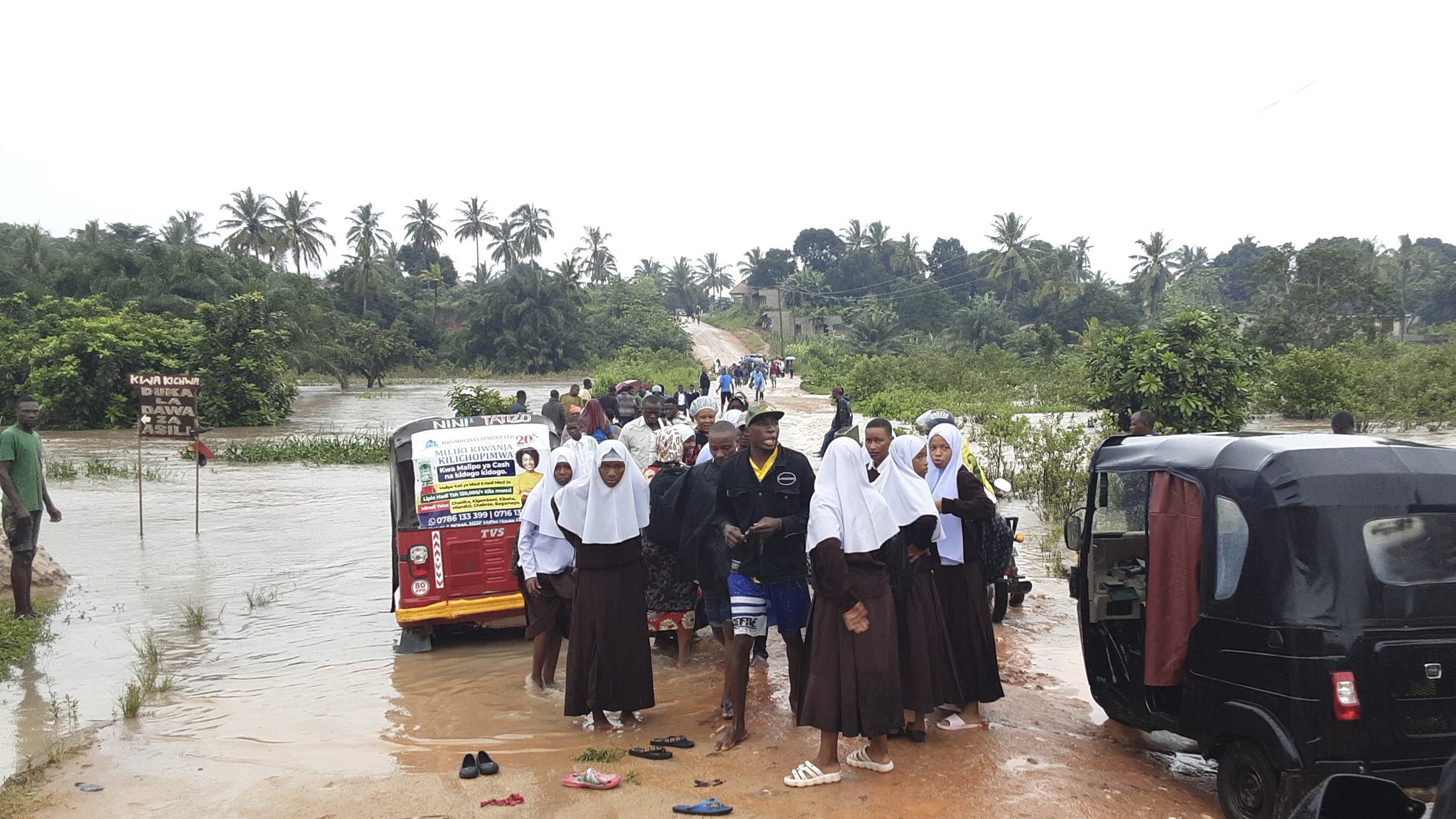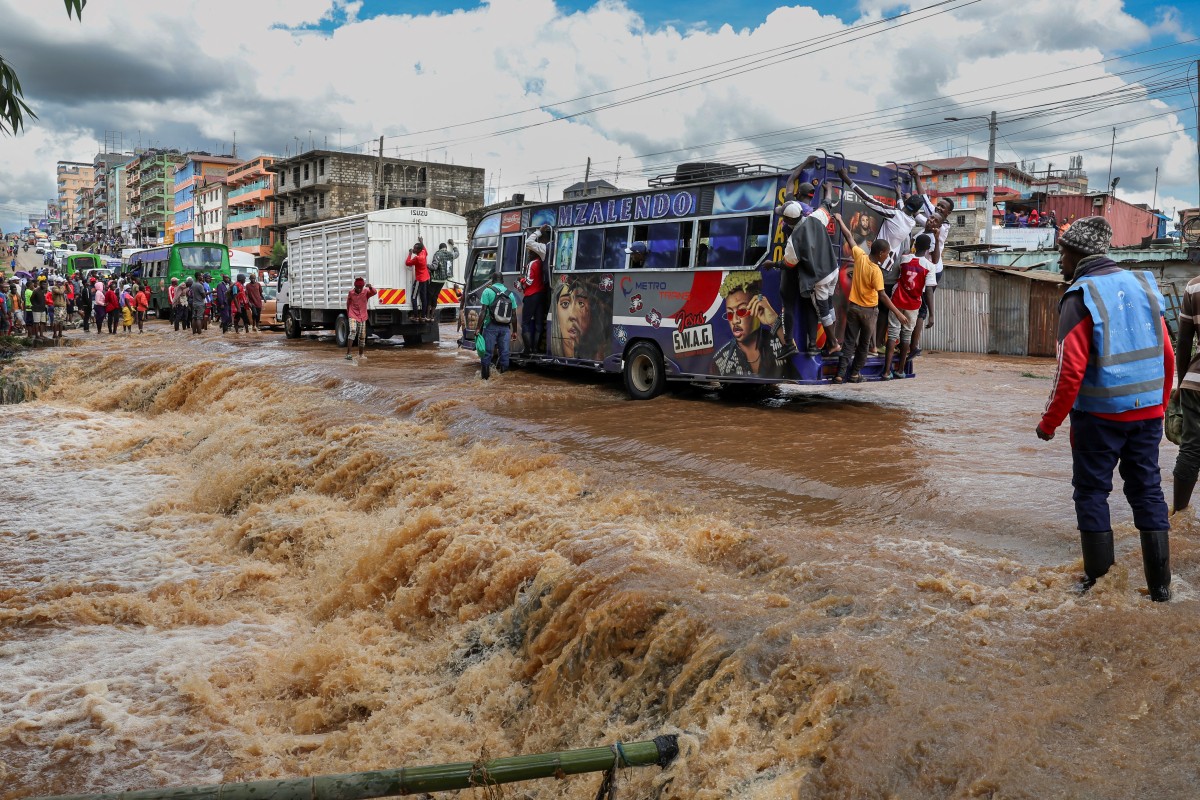
Flooding and landslides in Tanzania caused by weeks of heavy rain have killed 155 people and injured 236 others, the country’s prime minister has said, as intense downpours continue across East Africa.
Prime Minister Kassim Majaliwa told Parliament that the El Nino climate pattern has worsened the ongoing rainy season, causing the flooding and destroying roads, bridges and railways.
“The heavy El Nino rains, accompanied by strong winds, floods and landslides in various parts of the country, have caused significant damage,” Majaliwa told Parliament on Thursday.
El Nino is a naturally occurring climate pattern typically associated with increased heat worldwide, as well as drought and heavy rains.
The devastating effects of the rains were “primarily due to environmental degradation”, Majaliwa added, blaming deforestation, unsustainable farming practices such as “slash and burn” agriculture and unregulated livestock grazing.
More than 200,000 people and 51,000 households were affected by the rains, the prime minister noted. Flooded schools were closed and emergency services were rescuing people marooned by the floodwaters.

Majaliwa warned those living in low-lying areas to move to higher ground and urged district officials to ensure that provisions meant for those whose homes were washed away go to those in need of the supplies.
On April 14, the government said a total of 58 people, including children, had been killed in rains and floods since the beginning of the month.
The East African region has been pounded by heavier-than-usual rainfall during the current rainy season, with flooding also reported in neighbouring Burundi and Kenya.
In Kenya, 35 people were reported dead as of Monday, and the number was expected to increase as flooding continues across the country.
Some parts of the capital, Nairobi, remained underwater on Thursday, and Kenyans were warned to stay alert, with the forecast for more heavy rains across the country in coming days.
In the Mathare neighbourhood in the capital, at least four bodies were retrieved from flooded houses on Wednesday. Local media reported that more bodies were retrieved from the Mathare River.

Kenyan President William Ruto chaired a multi-agency flood response meeting on Thursday and directed the National Youth Service to provide land for people in flood-affected areas.
Deputy President Rigathi Gachagua told a press briefing that people affected by the floods would be given food and other goods, while those living in the most vulnerable areas would be relocated.
In Burundi, around 96,000 people were displaced by months of relentless rains, the United Nations and the government said earlier this month.
The UN Office for the Coordination of Humanitarian Affairs (OCHA) said in an update this week that in Somalia, the “Gu” rains (from April to June) were intensifying, with flash floods reported since April 19.
Uganda has also suffered heavy storms that have caused riverbanks to burst, with two fatalities confirmed and several hundred villagers displaced.







